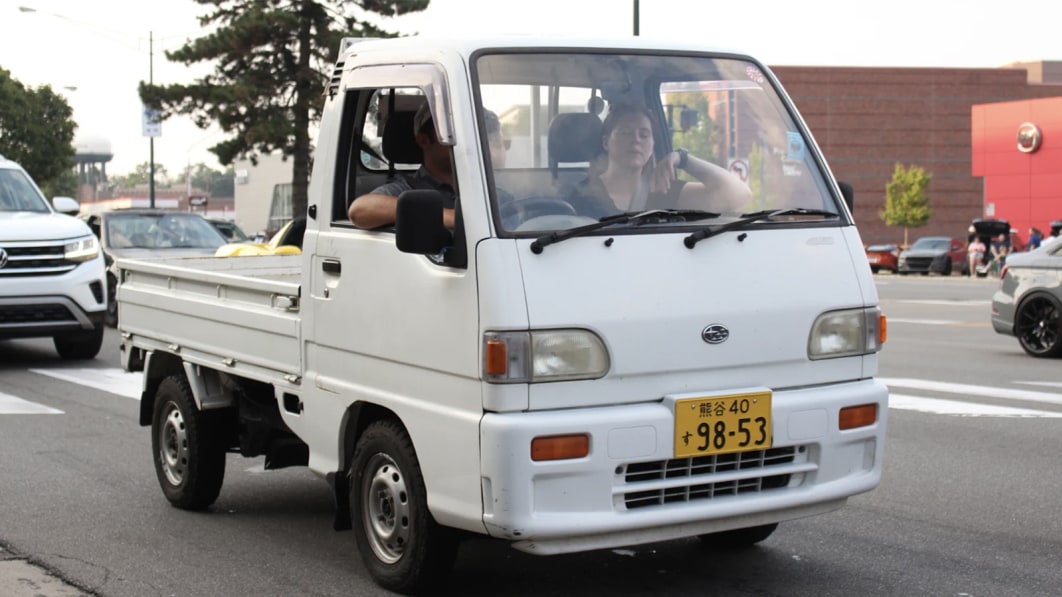
A few years ago, some New England states became infamous in the car community when they began canceling existing registrations of legally imported and titled vintage Japanese cars, as well as preventing registration of additional examples. But they’re not the only states that are starting to put up roadblocks to registering vehicles, particularly “kei” size cars, imported under the federal law that exempts 25-year-old vehicles from emissions and safety regulations. Highlighted by The Autopian in a recent article is Texas, and some owners are taking action to push back.
According to The Autopian, Texas hasn’t been as aggressive as Maine and Rhode Island, where existing registrations were being canceled. But it shows a number of examples of people trying to register their legal imports and being denied. The piece notes that these denials have increased (though they have been occasionally argued for years based on some confusion between late-model, low-speed mini trucks and older imported Japanese examples) for the same reason as the New England examples: policy recommendations from the American Association of Motor Vehicle Administrators (AAMVA).
That organization published recommendations that said these small, kei-sized vehicles should not be granted registrations on grounds of safety, despite federal exemptions. And of course, those recommendations also seem to ignore the fact that even older and arguably more dangerous vehicles including motorcycles and antique cars can still be legally registered and operated on public roads.
The Autopian goes on to highlight a vehicle owners’ group called Texas Kei Truck Advocates that’s working to make it so that these vehicles can be easily and legally registered. They apparently have been in contact with various Texas lawmakers and got the Texas DMV to review its rulemaking regarding the little cars. Time will tell how successful they are, and there are apparently some concerns from within the kei car community there about the process. You can check out all the interesting details in The Autopian‘s in-depth piece.






